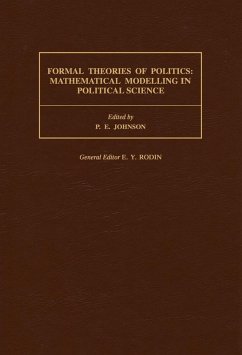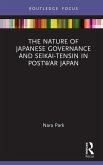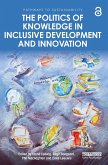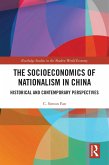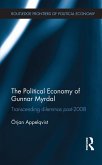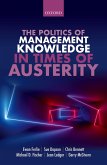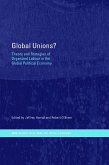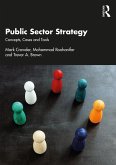Formal Theories of Politics demonstrates the role of formal mathematical models in political science, and aims to convey a sense of the questions and methods which govern the political science research agenda. While there is still much interest in empirical patterns of voting behaviour and public opinion data, there has been substantial growth in emphasis on mathematical theory as a technique for the derivation of testable hypotheses. Topics discussed include: optimal candidate strategies and equilibria in competitive elections; voting agendas and parliamentary procedure in the multidimensional events; revolution, repression and inequality as outputs of dynamics systems. The mathematical techniques are widely varied, including game theory, functional analysis, differential equations, expert systems, stochastic processes and statistical models.
Dieser Download kann aus rechtlichen Gründen nur mit Rechnungsadresse in A, B, BG, CY, CZ, D, DK, EW, E, FIN, F, GR, HR, H, IRL, I, LT, L, LR, M, NL, PL, P, R, S, SLO, SK ausgeliefert werden.

